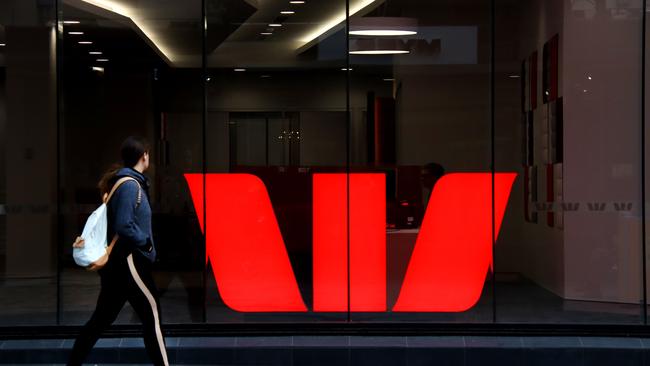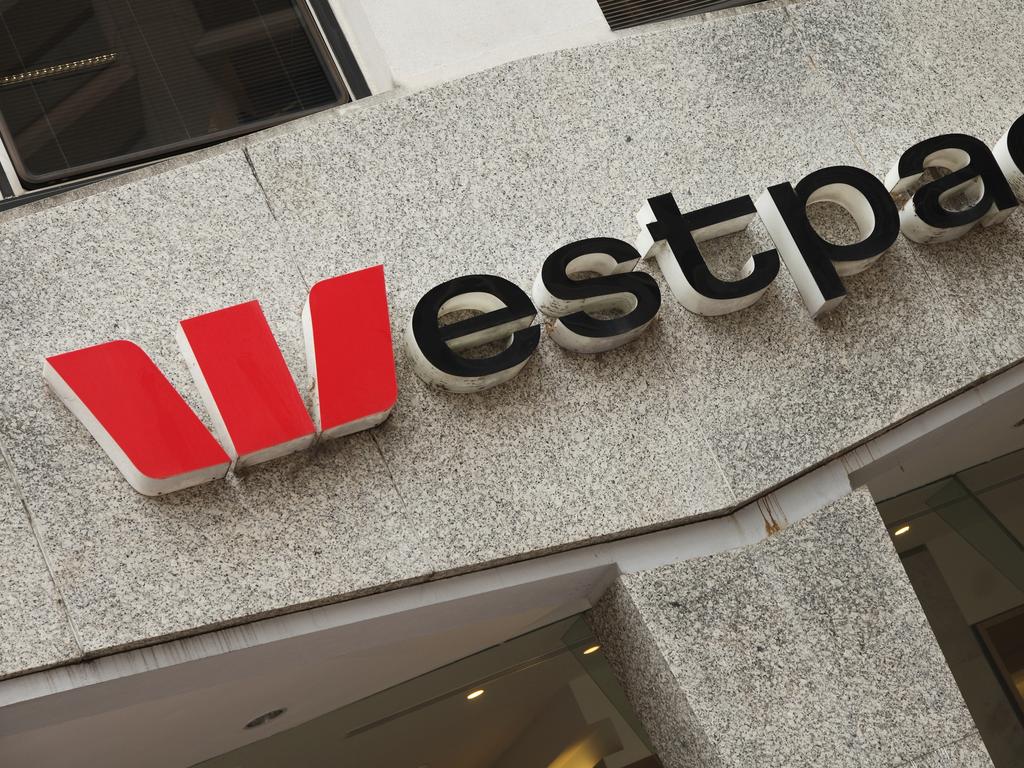Westpac admits millions of Austrac failures
Westpac’s defence to alleged contraventions of anti-money laundering laws admits failing on more than 19.5m international funds transfers.

Westpac has made important admissions in Austrac’s mega-money laundering case against the big four bank, but will contest some of the financial intelligence agency’s key allegations as the two parties strive to reach a full commercial settlement.
The bank’s long-awaited defence document, filed with the Federal Court on Friday, threw in the towel on the lion’s share of its 23m alleged transgressions, admitting it failed to give Austrac a report on each of the 19.4m international funds transfer instructions within 10 business days.
The IFTIs, worth more than $11bn, were transmitted to Australia between November 2013 and September 2018, with Westpac blaming technology glitches, programming errors and system upgrades for its serial non-compliance.
In a significant clarification, however, Westpac said it had received an Austrac report on December 15, 2016 which failed to identify any non-compliance with due diligence obligations in relation to its correspondent banks.
Instead, the report only made recommendations for Westpac to “consider in enhancing its compliance”.
Also in its defence, the bank made some qualified admissions on allegations which rocked the board last November: that the LitePay platform could have facilitated child exploitation payments to Asia by a dozen customers.
Westpac said it had monitoring in place for the 12 customers, but the program hadn’t been updated as required and was insufficient.
For these customers Westpac admitted it “did not sufficiently monitor” the customers “with a view to identifying, mitigating and managing the CEM (child exploration material) risk”.
As foreshadowed by The Weekend Australian, the bank and Austrac were unable to work up a statement of agreed facts and admissions, or agree on an appropriate penalty after Westpac announced a $900m provision for the matter in April.
It’s understood that Austrac has been pushing for a penalty in the range of $1.5bn-$2bn.
The agency’s statement of claim, lodged with the court on November 20, rocked the nation’s second-biggest bank to its core.
Among other things, it said the contraventions were the result of “systemic failures in Westpac’s control environment, indifference by senior management and inadequate oversight by the board”.
They stemmed from the bank’s failure to adequately resource the anti-money laundering and counter-terrorism financing function, to invest in appropriate information technology system and automated solutions, and to remediate known compliance issues in a timely manner.
“They have occurred because Westpac adopted an ad hoc approach to ML/TF risk management and compliance,” Austrac said.
Repercussions
Shortly after, chief executive Brian Hartzer fell on his sword, chairman Lindsay Maxsted brought forward his retirement, and non-executive director Ewen Crouch said he wouldn’t seek re-election at the 2019 annual meeting.
Chief financial Peter King has since replaced Mr Hartzer, with former ANZ Bank chairman John McFarlane succeeding Mr Maxsted.
In further fallout from the debacle, the Australian Securities & Investments Commission has confirmed it is investigating Westpac over potential breaches of the Corporations Act, joining the Australian Prudential Regulation Authority which is also conducting a probe.
Two class actions have been launched, although one of them which targeted Mr Hartzer personally as a defendant has been dismissed.
Westpac has launched its own investigation to determine management and board accountability, with the bank appointing Promontory Financial Group to conduct the internal probe.
Westpac is considered to have made admissions in its defence covering about 60 per cent of Austrac’s case against it.
A statement released by the bank on Friday said it accepted the “gravity” of the issues raised by the agency.
The admissions related to IFTIs, both into and out of Australia, and associated tracing information failures.
There were also failures in relation to record-keeping, ongoing customer due diligence linked to possible child exploitation, and correspondent banking obligations.
Westpac said the defence provided some explanation and clarity around a number of the allegations, such as the nature of the transaction monitoring and correspondent banking assessments Westpac carried out at the time.
Continuing to “engage constructively” with Austrac
The bank was continuing to “engage constructively” with Austrac about a statement of agreed facts and admissions.
“Westpac acknowledges that financial crime is a serious threat to society and is determined to continue to lift its standards and meet its anti-money laundering and other financial crime obligations,” the statement said.
On the payments linked to child exploitation, Westpac said in its defence that the 12 customers held accounts with the bank and were conducting suspicious transactions.
The customers were subject to ongoing due diligence, including monitoring, with suspicious matter reports sent to the Austrac chief executive.
However, Westpac admitted that it did not sufficiently monitor the customers with a view to “identifying, mitigating and managing” the child exploitation risks.
As to its correspondent banks, Westpac denied that it failed to carry regular assessments, including the types of transactions they undertook.
During the relevant period, 47 due diligence assessments of the correspondent banks were completed, although the work “did not always sufficiently address all of the requirements”.
For example, it did not reassess the nature of the products and customer base of six of the banks sufficiently regularly, or the adequacy of the AML/CTF controls and internal compliance practices of four of them.
Until November 2017, Westpac did not regularly identify and assess the nature of its ongoing relationship with each bank, and some of the trigger reports were not fully completed.
Further, some of the banks were not subject to any additional enhanced customer due diligence after being placed on a "watching brief".
Until last year, Westpac also did not have appropriate processes in place to monitor the potential for additional ML/TF risks arising from the sale of new products to correspondent banks.





